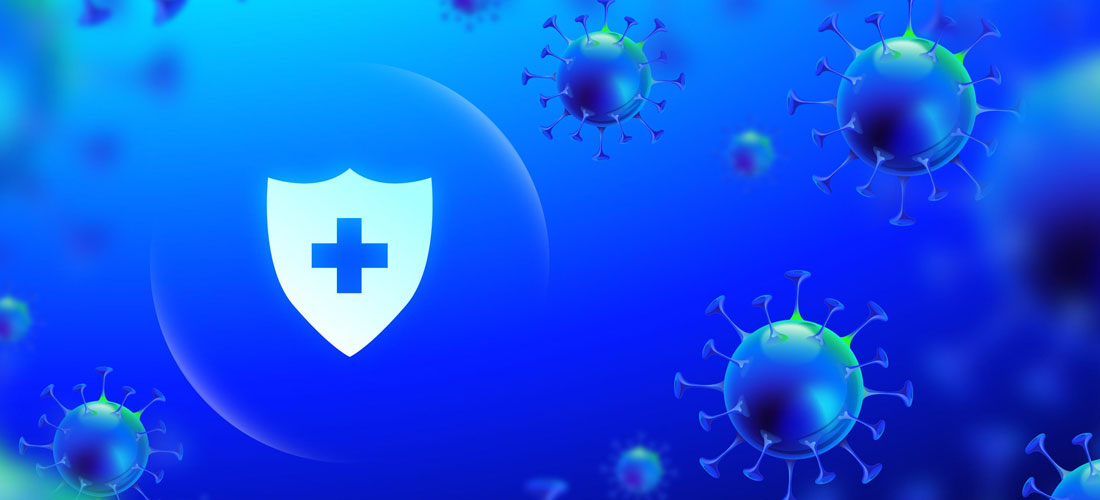The Immunology of Infectious Diseases explores how the immune system detects, responds to, and eliminates pathogens such as bacteria, viruses, fungi, and parasites. This field also investigates immune evasion strategies of microbes, host-pathogen interactions, and the development of immune memory, which is crucial for vaccine design and immunotherapies.

Understanding the immune response to infectious agents is critical for the development of effective vaccines, diagnostics, and therapeutics. This session focuses on how both innate and adaptive immunity function in response to infections, and how pathogens evolve mechanisms to evade these responses.
Key areas of focus include:
- Innate and adaptive immune mechanisms in infectious diseases
- Host-pathogen interactions at cellular and molecular levels
- Immune memory and long-term protection
- Immunopathology and immune-mediated tissue damage
- Immunogenetics and variability in host susceptibility
- Advances in vaccine immunology and adjuvant development
- Immunotherapeutics and monoclonal antibodies in infection control
This session is designed to bring together immunologists, microbiologists, clinicians, and vaccine researchers to share new insights into how the immune system defends against—and is sometimes overwhelmed by—infectious diseases.